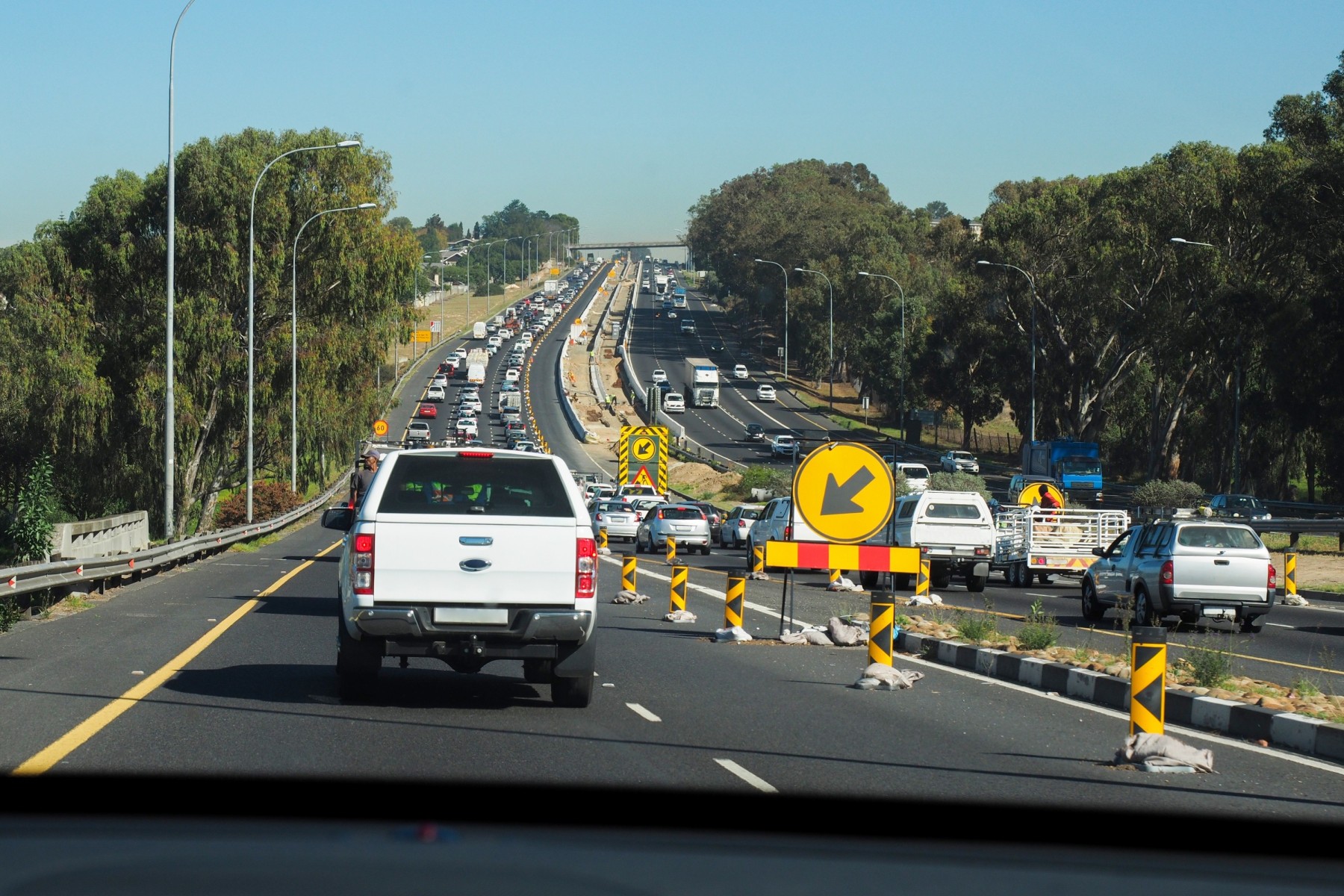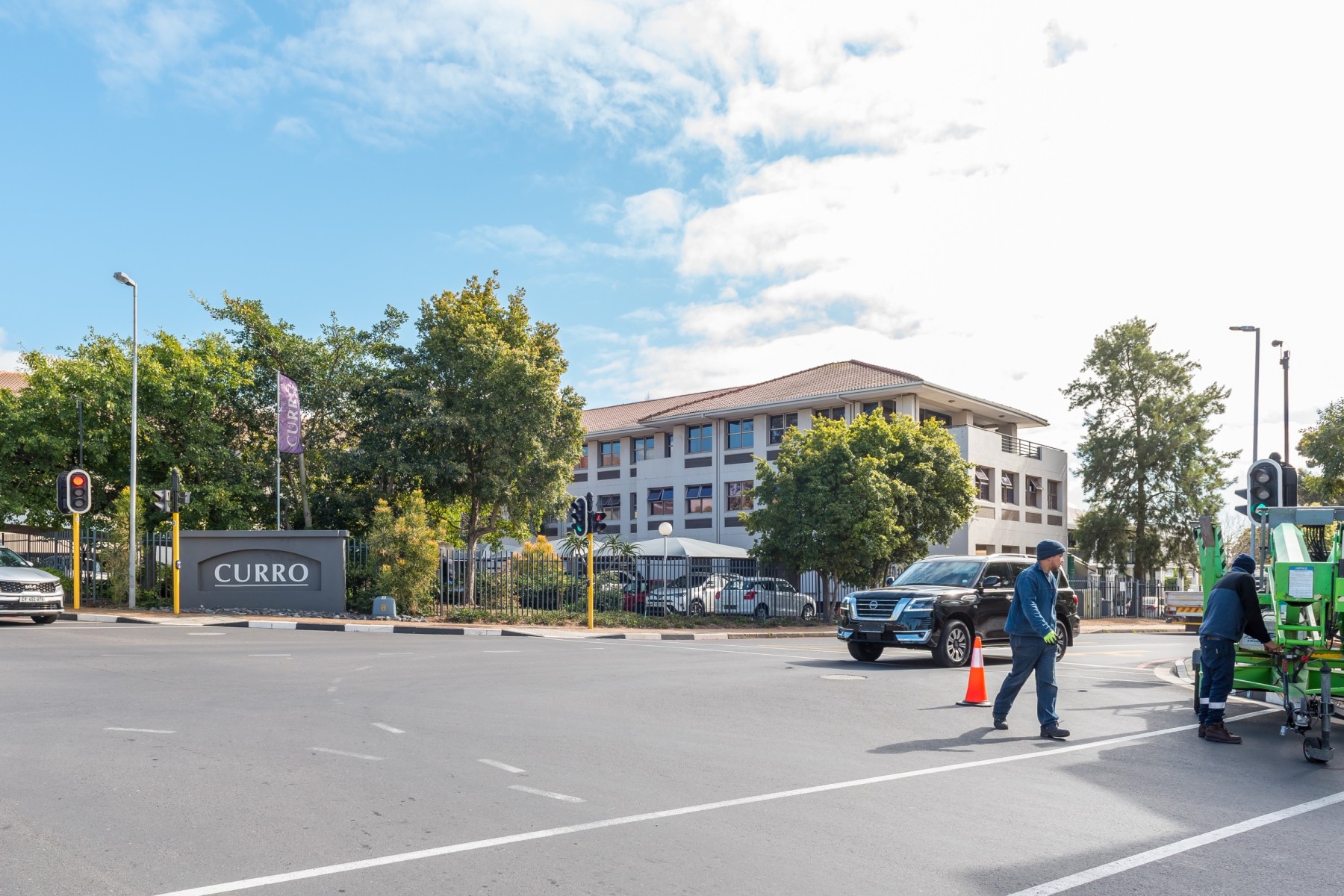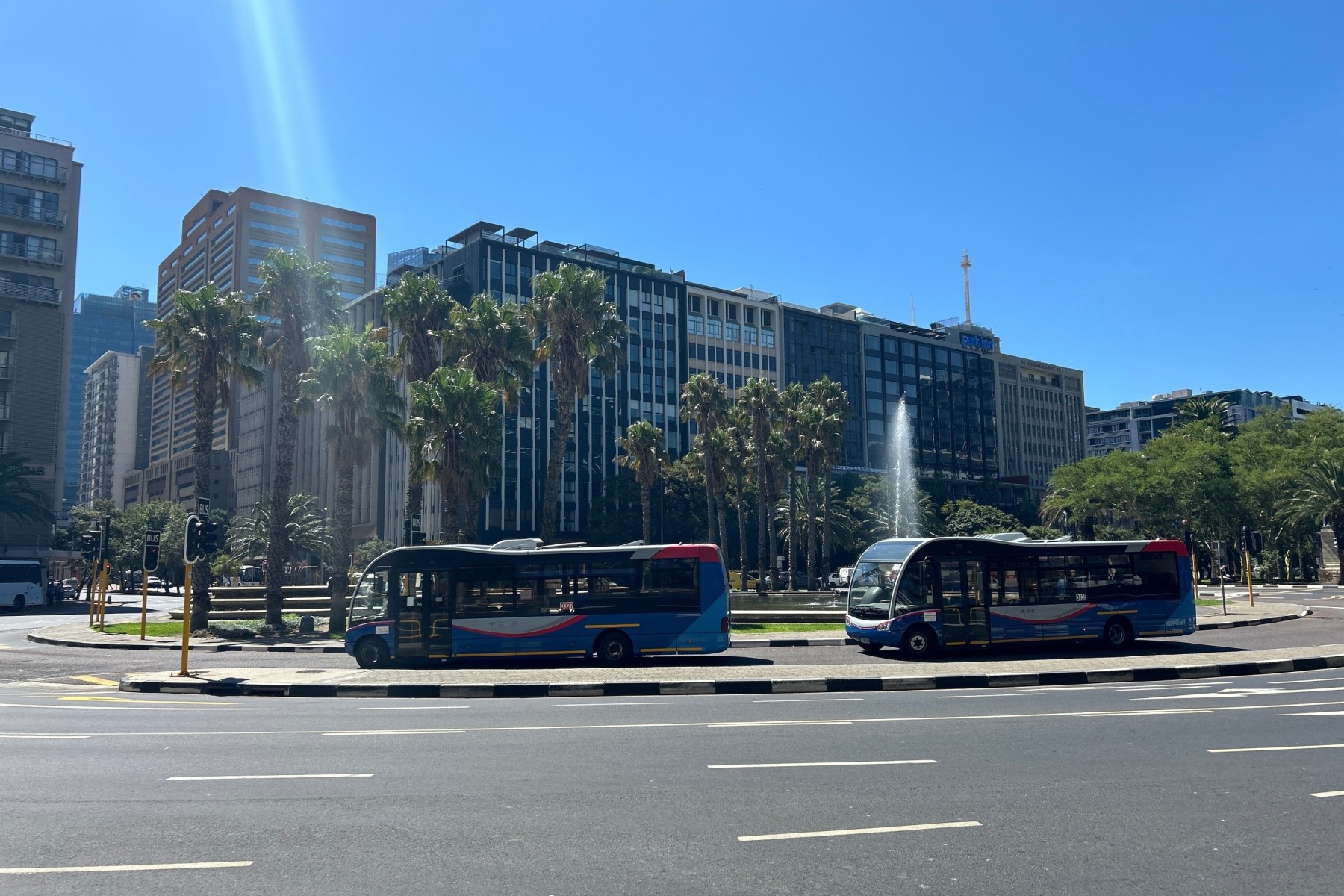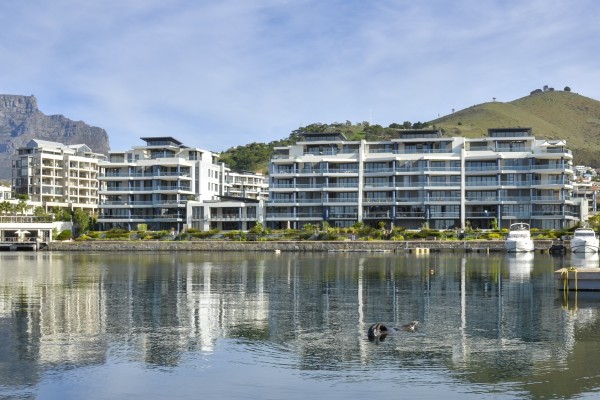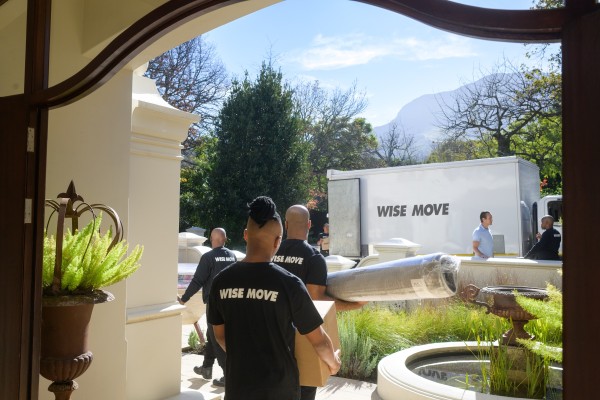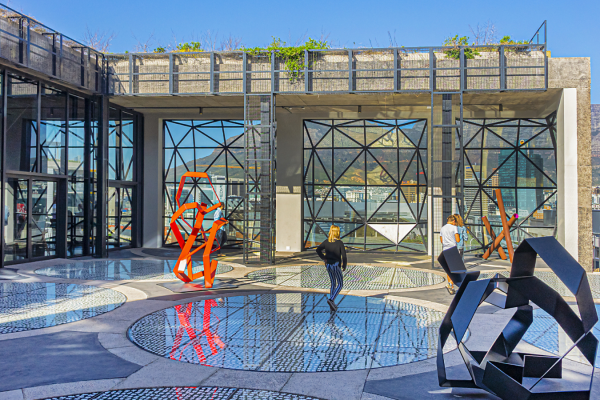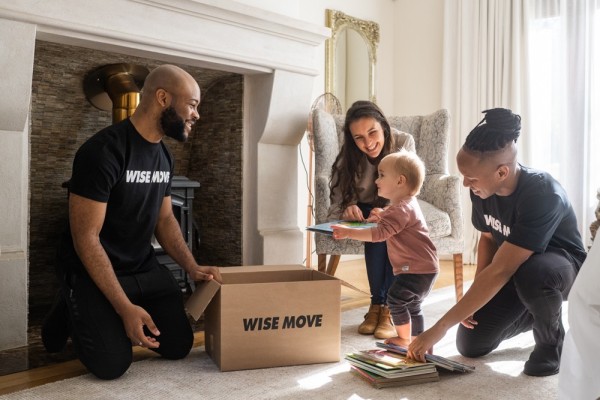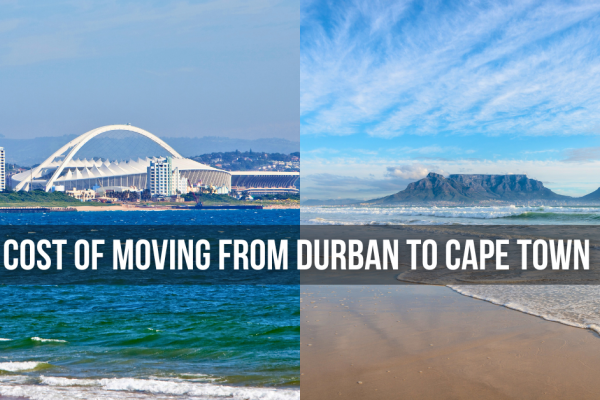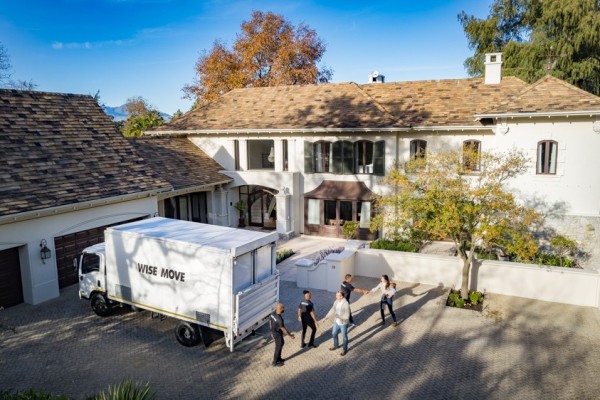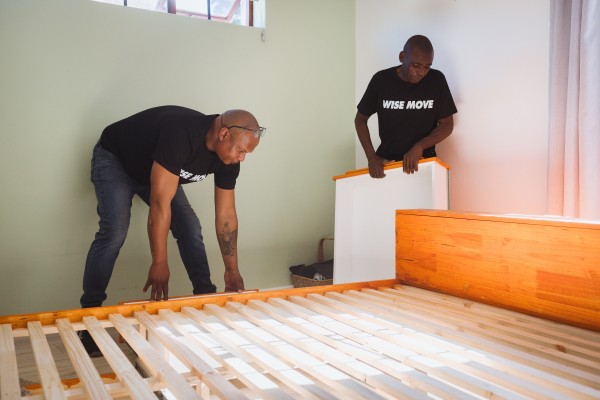A guide to joining or starting a school lift club in Cape Town

Driving your kids to and from school in Cape Town can be a lovely thing. It gives you a precious daily chance to chat with them and a daily chance to take your mind off work. That said, the school run can sometimes be anything but a lovely thing. Traffic in Cape Town can be ugly at the best of times, and the worst of times is from 7 am to 8 am, precisely because of the school run. Factor in petrol costs and your family’s carbon footprint, and it makes a lot of sense to join a lift club.
But how does one find the right ‘carpool’—while ensuring the experience is safe, pleasant and not a source of a whole new kind of stress?
Here’s your complete guide to joining or starting a lift club to make your school run easier and headache-free.
What is a lift club?
A lift club is a shared transport arrangement between parents who live in the same area. Each parent takes turns driving the children to and from school, following a set weekly schedule.
It’s an easy, practical way to reduce the number of cars on the road, lower stress, and build stronger neighbourhood connections.
Why join a school lift club?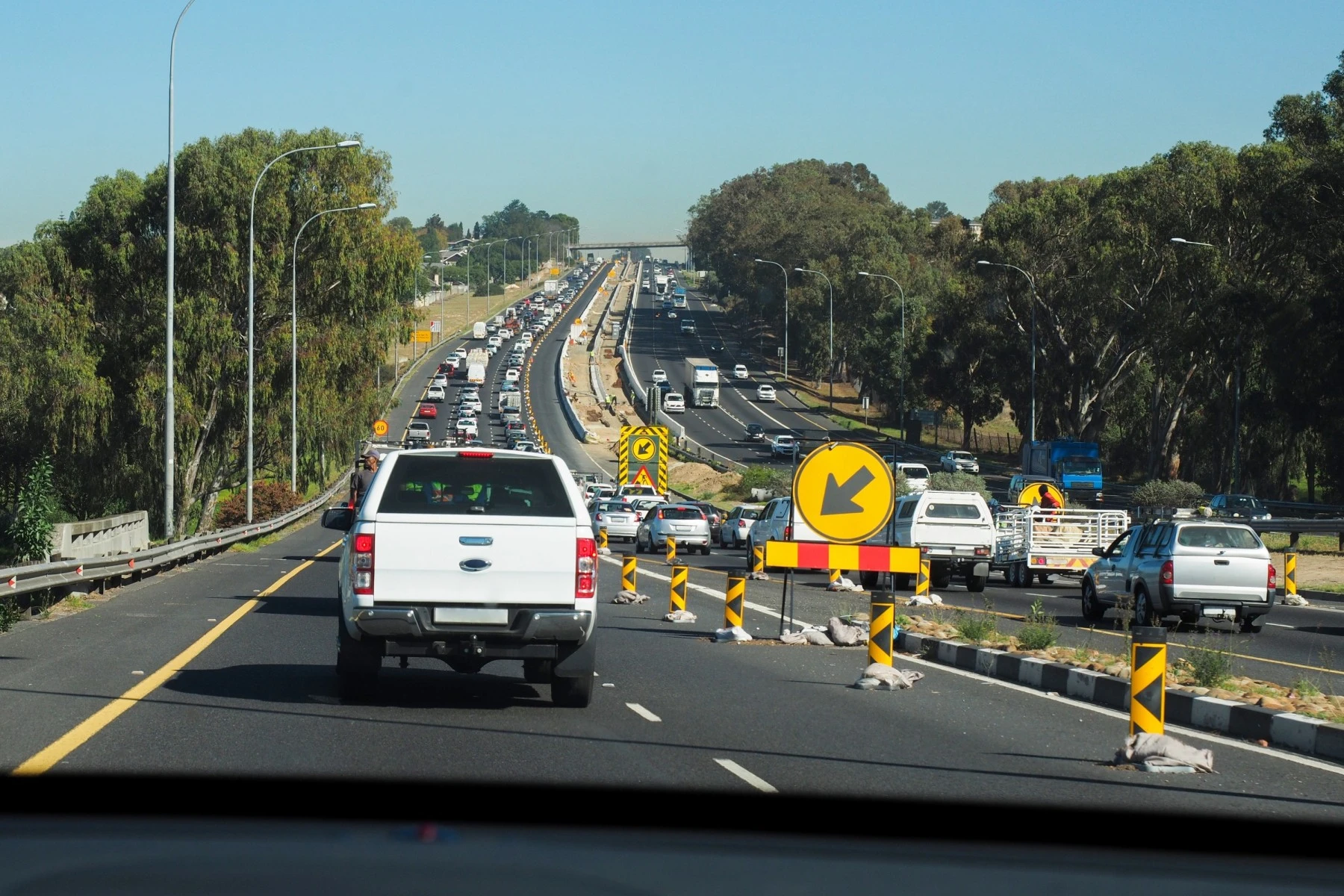
Before joining one, it helps to think about where you live and how your school commute fits into your daily routine. Some Cape Town neighbourhoods make lift clubs more convenient than others, thanks to their proximity to schools and accessible routes.
Joining a school lift club in Cape Town comes with more than just practical perks. Beyond saving time and money, there are environmental, social, and even emotional benefits that make it worthwhile for many families.
- Save on costs and car wear: Rotating driving duties helps cut fuel expenses and reduce mileage on your vehicle. With the rising cost of living in Cape Town, every trip adds up.
- Minimise time on the road: Sharing the school run gives parents breathing room in the mornings and afternoons—and a break from peak-hour traffic.
- Reduce your carbon footprint: Fewer cars on the road mean less congestion and lower emissions, a small but real way to support cleaner air.
- Encourage independence for kids: Consistent shared lifts teach children punctuality, help them adapt to routines, and build confidence travelling without their parents.
- Strengthen community connections: Lift clubs create local networks of trust and support among families.
- Provide backup in emergencies: When life happens, be it a flat tyre, a late meeting, or a sick day, someone in your group can usually step in to help.
How to find lift club options in Cape Town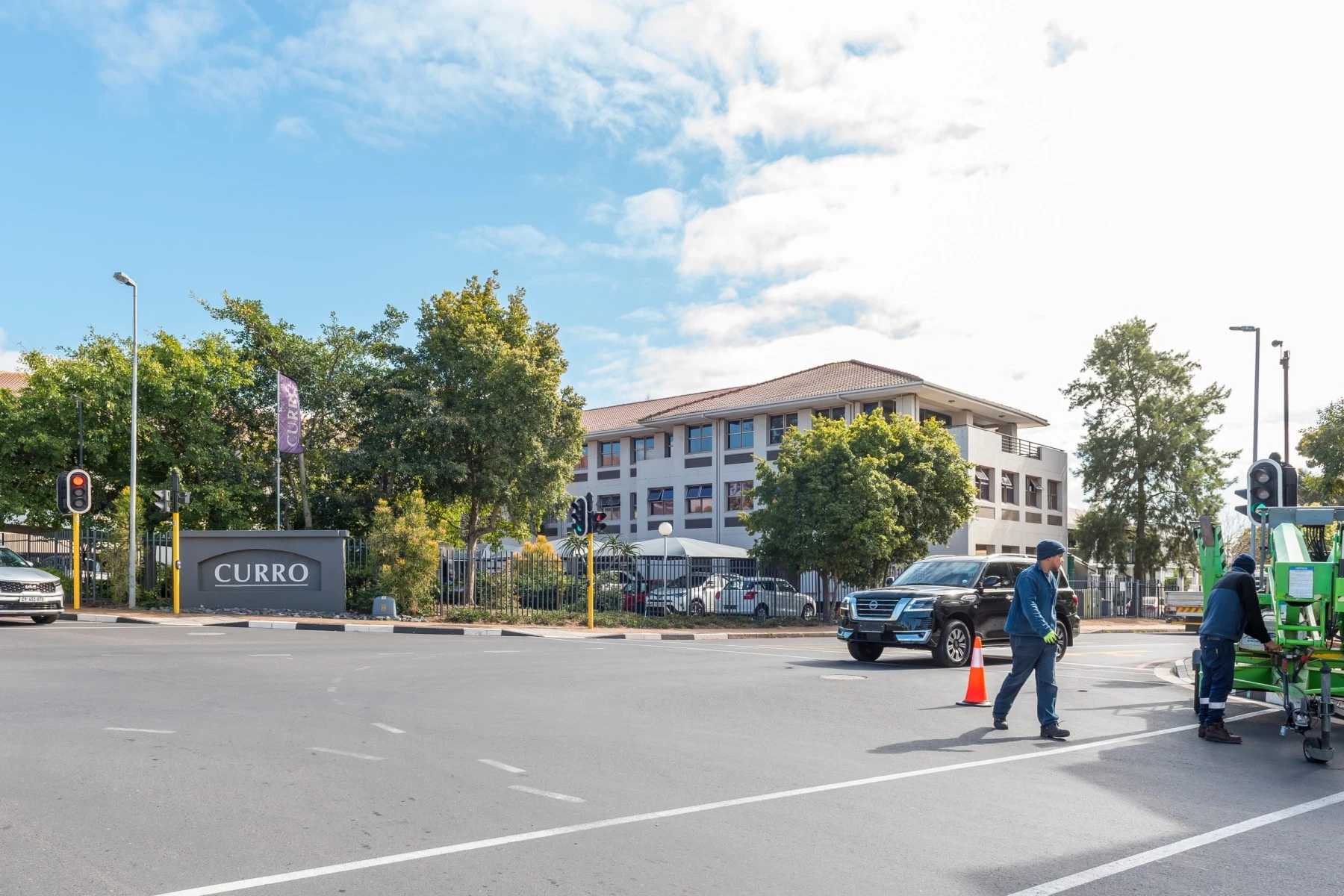
1. Use your school’s communication channels
Your school likely has a digital platform where parents can connect and share information. While many schools have WhatsApp groups for specific classes or grades, it’s often more effective to ask about lift clubs in broader parent groups that reach the whole school community. Some schools also have formal parent liaison groups where you can post lift requests. At larger schools, lift-club details may also be shared through the d6 Connect app—so be sure to explore all the channels your school uses.
2. Find options online
Facebook hosts some Cape Town-specific groups where parents discuss and arrange lift clubs—notably:
- Lift Clubs in and Around Cape Town (10,600 members)
- Carpool / Lift Club in and Around Cape Town (12,900 members)
- Reddit's r/capetown community also features threads on lift club offers or requests.
3. Check in at community centres and places of worship
Since you ideally want to find fellow parents in your immediate neighbourhood, your local community centres or places of worship are worth consulting. Have a look at their bulletin boards or newsletters for notices about lift clubs. Some big schools in Cape Town are very close to each other, so you may find that an efficient neighbourhood lift club need not be school-specific.
How to start your own school lift club in Cape Town
If all these channels don’t yield a suitable club, you may want to start one yourself. This is a good option for people who enjoy organising things and are ready for a bit of possible complication in their lives. If this is you, then here’s how to do it:
-
Talk to parents in your own school who live in your part of town, using the channels discussed above.
-
Create a group chat for the club, making it easy to add newcomers to the lift club and communicate the roster and important updates.
-
Decide the format—your club could involve door-to-door pickups, or begin each lift from a convenient central spot in the neighbourhood with ample parking where kids can assemble.
-
Map out the best routes, once you have a quorum of lift-clubbers, and work out the optimal pick-up and drop-off times. A delicious task for geography nerds and punctuality freaks!
-
Make a school lift club roster for all members of your group. It’s always best to keep it simple. For example, with five drivers, each driver has a regular day of the week, either for the morning or afternoon run, or both. A predictable routine beats a logistical masterpiece that optimises everyone’s calendars.
-
Make backup plans if a driver can’t do their shift, for whatever reason, and have a roster of standby drivers to step in.
-
Set rules for the group by consensus. Agree on things like punctuality, seatbelts, eating or drinking in the car, music, and cellphone use. Put it down in writing. It’s always best if possible to decide rules in a face-to-face meeting, as a friendly tone often gets lost on WhatsApp, and people are easily offended. If things do get messy, remind everybody in general terms of the club group, or the villains of the piece, with a DM only if necessary. Keep it light and fun.
If you do find that a member is a reckless driver, it may be necessary to diplomatically let them know their driving doesn’t fit with the group’s needs and exclude them. It’s worth getting a sense of your members before enrolling them, even if you need to ask around discreetly.
Legal and insurance compliance for lift clubs
In Cape Town, if you're transporting children for a fee or reward, you will need an operating licence from the Western Cape government and a Professional Driving Permit. That’s not a lift-club problem, but it does also apply if the club ever carries more than 12 passengers. This may be unlikely in your case, but it's worth bearing in mind.
Each driver will need to inform their vehicle insurers that they are providing lifts for other parents’ children, as it may have implications for their cover. Members should also provide written permission for their children to be lifted, in a document that names all the drivers involved. This group's ‘contract’ should also list all the kids’ emergency contact numbers, which should be archived or starred in the WhatsApp group.
Legalities aside, every lift club driver should ensure their car is roadworthy and safe.
Other transport alternatives in Cape Town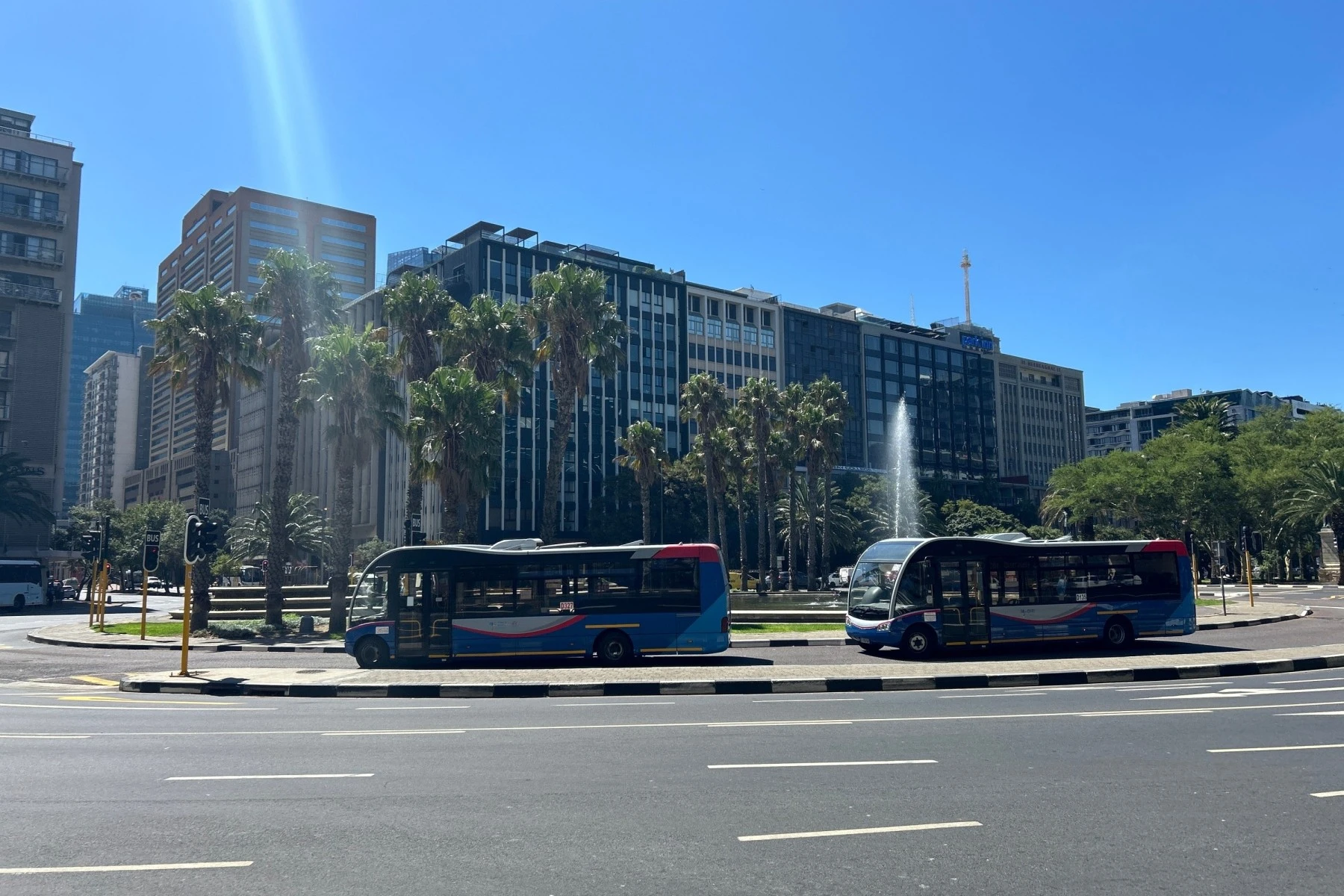
Aside from driving in your own car, Cape Town offers some affordable alternatives:
-
The Metrorail train service connects most of Cape Town’s major suburbs and townships with the city centre, barring the Atlantic seaboard and the north coast.
-
The MyCiti bus service connects the city centre with the Atlantic seaboard, the north coast, and many other suburbs.
-
Many schools have school buses for their learners.
-
Minibus taxis are ubiquitous and affordable, if not luxurious
-
E-hailing services like Uber can be a big help during bad weather
-
Cycling—safe cycle routes cover some areas.
FAQs about joining a Lift Club in Cape Town
How do I know if a lift club is safe?
Always meet the other parents in person first and, if possible, observe their driving. Check that the driver has a valid licence, that the car is roadworthy, and that kids use seatbelts. You can also ask other parents about their experiences or check if the school has any feedback on known drivers.
What if someone in the group always runs late?
It’s best to set expectations early on. Have a written agreement that includes a grace period and consequences for consistent lateness. Group chats can also help with real-time communication, but address issues privately and tactfully where possible.
How much should I pay if I’m not driving?
Most informal lift clubs split petrol costs, but arrangements vary. Some families rotate driving duties instead of exchanging money. Be upfront and agree in advance on any financial contributions to avoid tension later on.
Can I join a lift club even if my child is in a different school?
Yes, many lift clubs are based on location rather than school. If schools are nearby and the timings work, it can be a good solution, especially for siblings or neighbours attending different institutions.
Are there apps to help manage lift clubs?
While Cape Town parents mostly rely on WhatsApp and school platforms like d6 Connect, you could try apps like Carpool-Kids or Splt that are designed to organise ridesharing schedules, especially if your group is large.
Is it legal to take turns driving other people’s kids?
Yes, as long as there’s no payment or profit involved, and you’re not transporting more than 12 passengers. Just make sure you’ve informed your insurer and have written permission from the other parents.
What happens if my schedule changes suddenly?
That’s where having a backup plan or standby list is essential. A good lift club will have clear communication and a couple of flexible parents who can fill in when needed.
Can teens or older siblings drive in a lift club?
It’s not recommended unless the older siblings are legally licensed drivers over 18 with experience, and all parents in the group are comfortable with it. Safety and insurance coverage are top priorities.
Where’s the best place to find or offer a lift club?
You can try these options:
-
WhatsApp school groups
-
Facebook groups like Lift Clubs in and Around Cape Town
-
Reddit threads on r/capetown
-
School bulletins and parent liaison groups
-
Places of worship and local community centres
Moving to Cape Town and finding your community
If you’re still planning your move to Cape Town, it’s worth thinking ahead about daily routines like the school run and how you’ll settle into your new neighbourhood. Use our moving checklist and relocation guide for Cape Town to get practical advice to help you prepare for your move.
Before the boxes even arrive, choosing the right moving partner makes all the difference. Use Wise Move’s moving services to book the best Cape Town moving team on the ground to help make your move smooth and stress-free.
Once you’ve arrived, joining a school lift club can be one of the easiest ways to connect with other parents and establish a sense of community. For many families, it’s not just about convenience. It’s about saving time, lowering costs, and building a balanced routine that fits Cape Town’s family-friendly pace of life.
What do our customers say?



